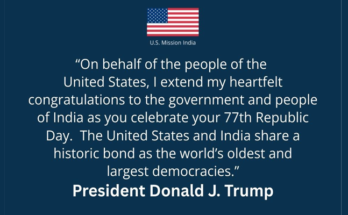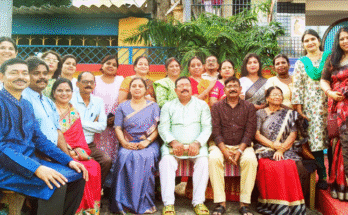Shukla, a seasoned fighter pilot from Uttar Pradesh with 15 years of service, piloted the SpaceX Dragon spacecraft atop a Falcon 9 rocket. This mission, part of a public-private collaboration, also includes Polish astronaut Slawosz Uznanski-Wisniewski, Hungarian astronaut Tibor Kapu, and mission commander Peggy Whitson of the U.S.
The launch had faced multiple postponements due to weather and technical issues, but the final green light was given following safety evaluations by NASA and Russia’s Roscosmos, specifically regarding pressure adjustments in the Zvezda service module’s transfer tunnel.
Docking with the International Space Station is expected around 7 a.m. on June 26. The crew will spend roughly two weeks onboard conducting scientific experiments, STEM education outreach, and commercial activities.
Shukla becomes only the second Indian to enter space after Rakesh Sharma’s historic flight aboard a Soviet mission in 1984. Reflecting on his journey, the 40-year-old said, “I grew up inspired by Rakesh Sharma’s stories. I never imagined I’d follow a similar path. Just a week before we reached Axiom, I learned I’d be going. It was a surreal moment.”
The Axiom-4 mission is also a diplomatic milestone, stemming from a joint commitment made by former U.S. President Donald Trump and Indian Prime Minister Narendra Modi to enhance Indo-U.S. space collaboration. The mission involves five joint science projects and two live STEM demonstrations in orbit, in partnership between NASA and ISRO.
“NASA and ISRO have a long-standing relationship built on a shared vision to advance scientific knowledge and expand space collaboration,” NASA stated on its website.
With this launch, Shukla not only rekindles India’s presence in human spaceflight but also charts a new chapter in international cooperation and private-sector space missions. Shukla will spend 14 days aboard the International Space Station (ISS), conducting experiments on India’s behalf. The Axiom-4 mission is led by veteran NASA astronaut Peggy Whitson and carries Shukla along with European mission specialists Slawosz Uznanski (Poland) and Tibor Kapu (Hungary) for a two-week expedition aimed at science, outreach, and international cooperation.




